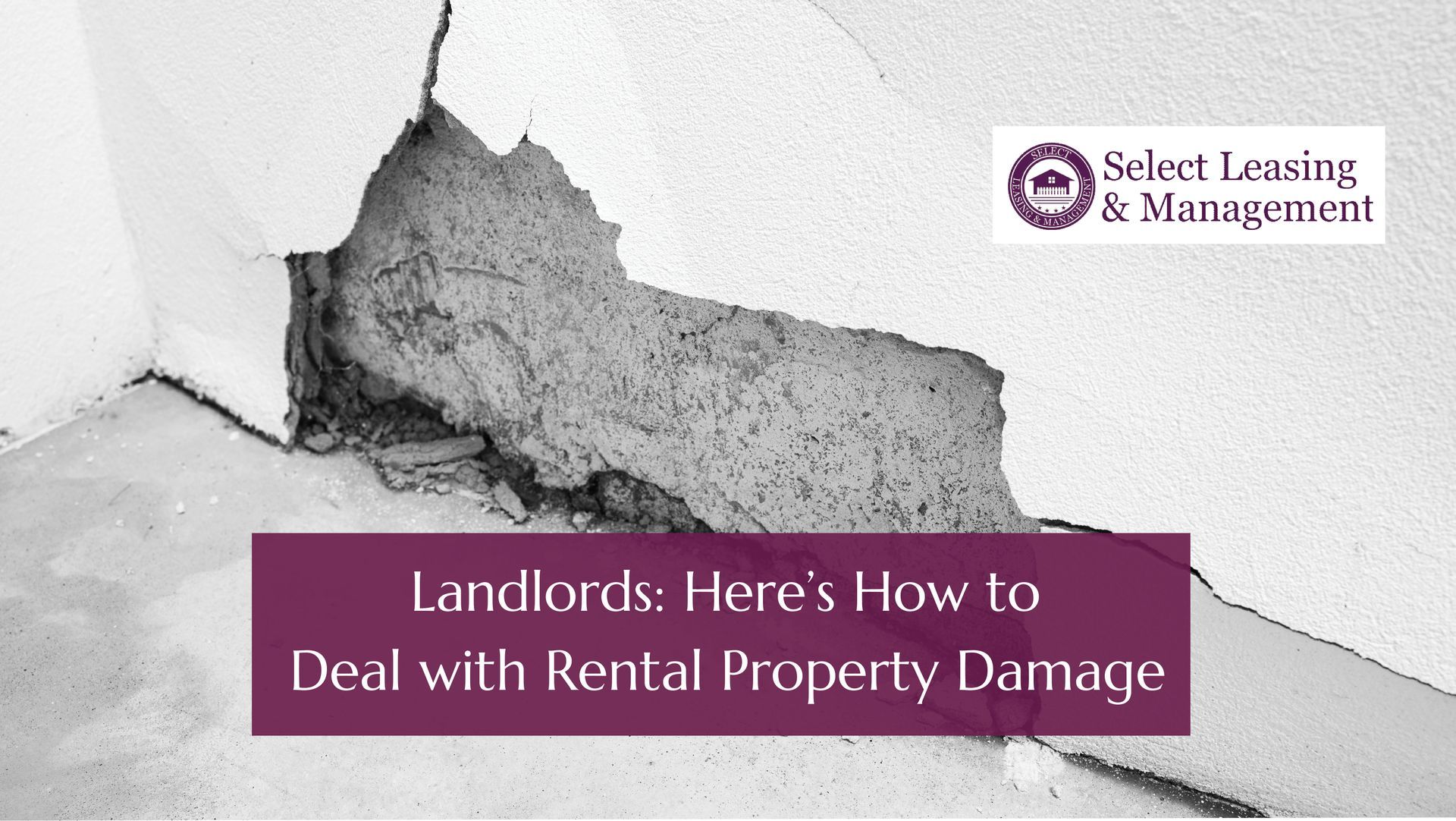How to Tell if Your Property Management Company is Worth It

Why Use a Property Manager
Some property is owned strictly as an investment. The owners have no intention of being landlords and assume from the start that someone else will handle day-to-day operations. Others, however, don’t mind taking care of things themselves. These people usually own fewer, smaller properties where self-management is a realistic option.
Owners often come to a crossroads, where their circumstances change or self-managing becomes too much for them. Some signs that it may be worth it to hire a property management company:
- Adding more properties to the portfolio
- Living too far away
- Juggling management duties and a full-time job
- Being physically unable to do the work
- Wanting more leisure and family time
- Simply not wanting the hassles of being a landlord
How Property Management Companies Add Value
According to an article on businesswire.com, the two things that cause rental property owners the most stress are maintenance and tenant relations. They’re the main reasons why people decide to hire a property management company rather than managing by themselves. Both are time consuming, and if neglected can cost money—or diminish the property’s ability to make money.
Maintenance
Property managers can handle the routine upkeep of a property, including cleaning common areas, mowing grass, and shoveling snow in the winter. Preparing rental units for new tenants by cleaning, painting, and refurbishing is a necessary and time-consuming task. They can also take care of both scheduled and emergency maintenance and repair requests for the tenants. This is all accomplished either with an on-site maintenance crew or a network of subcontractors they can hire for specific projects.
Tenant Relations
Management companies can take care of everything tenant-related including advertising for new renters, doing background checks, drafting leases, and enforcing rules and regulations. They are the point-of-contact for the tenants for everything. They often invest time in creating good relationships with the tenants. This is ideal because happy tenants stick around and renew their leases.
Administration
Property management companies are in charge of collecting rent, but can also offer a host of other administrative services. They can provide monthly financial reports, analyze the local market, and advise on projects that will attract more tenants.
Taking care of all of these tasks is a difficult job for a DIY landlord with multiple tenants. It also requires certain skill sets that not everyone has: handyman, accountant and marketing director. Add to that the difficult interpersonal aspect of reprimanding rule-breakers or kicking someone out.
How Property Management Companies Charge and What it Costs
Property management companies typically charge a fee between 8% and 12% of total rental income. They are also reimbursed for expenses, either by providing receipts or a flat fee that covers their costs for supplies and labor. Some use a reserve account that they can draw upon for expenses and to pay their subcontractors.
Cost is a major concern, but property owners should look at what they’re getting for their money. An owner who hires a company based solely on price may be disappointed in the level of service. And a DIY owner might get frustrated and overworked, thinking they can’t afford to hire someone.
Both must look at the value a company can bring to their property. The owner with the cheap property manager might see tenants leaving and his property getting rundown. By paying a bit more, he or she could get a company who works harder and maintenance and tenant relations.
The do-it-yourself landlord should consider this: If they think they’re already paying for property management, they’re wrong. What they’re not spending in dollars, they’re spending in time. If they didn’t need to take care of the property, what would they do with those extra hours in the day? Work on other investment opportunities? Spend more time with family or enjoying a hobby? Take a vacation or spend a holiday without the worry of an emergency phone call? Time spent managing a property is a labor cost. The cost of that labor could be redirected to a property management company.
Red Flags that Your Property Management Company Isn’t Worth It
Property owners who use a property management company should look out for the following situations. They could indicate that the company they’ve hired isn’t providing the best bang for their buck.
Tenant Vacancies
Keeping the vacancy rate low is essential for a rental property to turn a profit. When a property management company can’t keep good tenants, or can’t find new ones, that’s a problem. It could mean that they aren’t doing enough to market the property. It can also be a sign that the rent is out of step with the market. Keep an eye out for complaints and tenants who don’t renew their leases. There could be a problem with the management staff’s attitude or responsiveness to requests.
Rundown Property
A property management company’s failure to address maintenance and repairs can degrade the properties value and turn away tenants. The longer things are left in disrepair, the more time and money it will take to get them back in shape.
Bad Tenants
If a property management company isn’t doing appropriate background checks or maintaining rules and regulations, the rental units could be filled with bad tenants. Bad tenants cause damage, pay their rent late or don’t pay at all, and sometimes break the law on your property. The eviction process is expensive. Better to hire a company that finds renters who won’t become a problem.
Lack of Communication
If you don’t hear from your property management company until a problem gets out of control, or they bother you with every little thing, you might want to consider a new company. Good property managers strike a balance between the two—alerting you about important issues, but taking the initiative to handle routine tasks. How much, or how little communication you’re comfortable with is something that should be discussed when hiring a property management company.
Hidden Expenses
Before signing a contract with a property management company, be sure to know exactly how billing and expenses are handled. For example, if you’re paying a flat fee per unit, do you still pay if the unit is vacant and not bringing in any rent revenue? Will they provide you with invoices for reimbursement or charge a flat fee for maintenance supplies? Will they get bids from several vendors for big projects—and will you make the choice or will they? Ironing out all of these details ahead of time will cut down on the surprises. A company that isn’t transparent about these matters upfront is a big red flag.
What to Do if You’re Not Getting Your Money’s Worth
Rental property is too big of an investment to hand over the reins to a company who won’t do a good job for you and your tenants. The profitability of the investment depends on finding someone you can trust to add value.
If you suspect that your property management company isn’t worth what you’re paying them, or if you’re considering hiring a property manager for the first time, start by reading our article Choosing a Property Management Company: The Questions Some Hope You Won’t Ask. Or contact us at Select Leasing and Management. We can help you sort out exactly what you and your tenants need.
Cover Image by Shutterbug75 by Canva.com
Share this post











